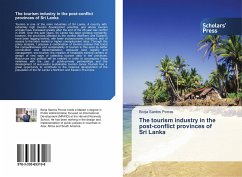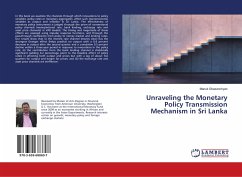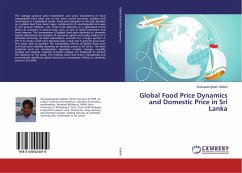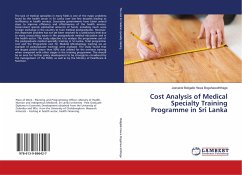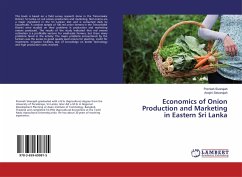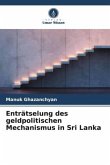Tourism is one of the main industries of Sri Lanka. A country with extremely high tourism development potential, and whose tourism arrivals have increased greatly after the end of the 26-year war conflict in 2009. Over the past years, Sri Lanka has been growing constantly, however, the provinces affected by the conflict (Northern and Eastern) have been lagging behind, with lower socioeconomic indicators, lack of access to the labor market or higher unemployment rates. Through this policy analysis, I propose a combination of tourism policies that boost the competitiveness and sustainability of tourism in this area by better coordination and decentralization, adequate land registry and management, eco-tourism, the creation of hospitality training centers or design of new ways of collecting tourism data in the provinces. Resources and political will be needed in order to accompany these initiatives with the use of public-private partnerships and the development of successful sustainable tourism zones. Tourism has a great opportunity to contribute to the inclusive development of the population of the Sri Lanka s Northern and Eastern Provinces.
Bitte wählen Sie Ihr Anliegen aus.
Rechnungen
Retourenschein anfordern
Bestellstatus
Storno

